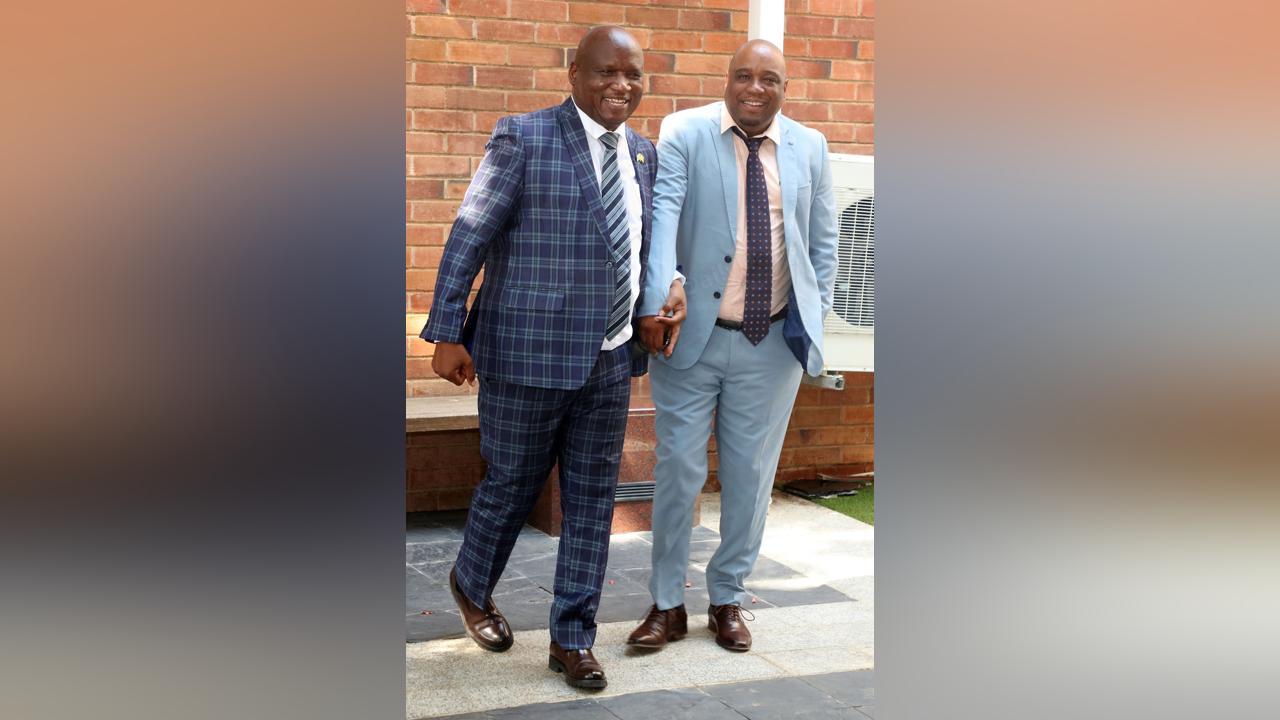Africa-Press – Botswana. Water Utilities Corporation (WUC) treats and tests waste water before it is discharged into Notwane River to ensure compliance to environmental safety standards.
The Minister of Water and Human Settlement, Mr Onneetse Ramogapi said this when responding to a question in Parliament yesterday. He said the discharged effluent conformed to the Botswana Bureau of Standard (BOBS) BOS 93 of 2021, an environmental standard for waste water covering physical, microbiological and chemical requirements.
Thus, he said water from Notwane River was safe for watering livestock and for horticultural purposes as the treated effluent from the Glen Valley Treatment Plant discharged into the Notwane River was compliant to BOBS’s requirements.
He advised that farmers who required to use the discharged effluent for livestock watering and horticultural purposes should seek guidance from Ministry of Lands and Agriculture, as the custodians of standards guiding the required quality of water for livestock and horticulture use.
Furthermore, Mr Ramogapi said WUC tested effluent at the final discharge point to the river on a monthly basis, adding that the Department of Water and Sanitation had established sampling points along the river and together conducts joint inspections and sampling with WUC on quarterly basis and report their findings to the Water Apportionment Board.
He highlighted that government was committed to developing water infrastructure, adding that a long-term intervention provision has been made in the National Development Plan 12. Mr Ramogapi said proposals entailed rehabilitation and upgrading of the dilapidated sewage network infrastructure, provision of flood protection around waste water infrastructure, reclamation of treated effluent to potable standards through public and private partnerships and renewable resource recovery through biogas and bio solids (sludge) as alternative energy sources.
If implemented, he said, such interventions would reduce the volume of water discharged into the river by more than 50 per cent, adding that waste water would be recycled and further improve the quality of the effluent discharged.
The minister was responding to a question from Kgatleng Central MP, Mr Mpho Morolong who wanted to know what action the Ministry of Water and Human Settlement had taken to address the contamination of Notwane River, which was seemingly caused by effluent water flowing from sewerage ponds in Glen Valley.
MP Morolong further wanted to know if the water from Notwane River was safe for watering livestock and for horticulture purposes. He also wanted to know if the ministry had conducted any water quality assessments or testing in the Notwane River and what measures had been taken to prevent further contamination of the river.
For More News And Analysis About Botswana Follow Africa-Press






